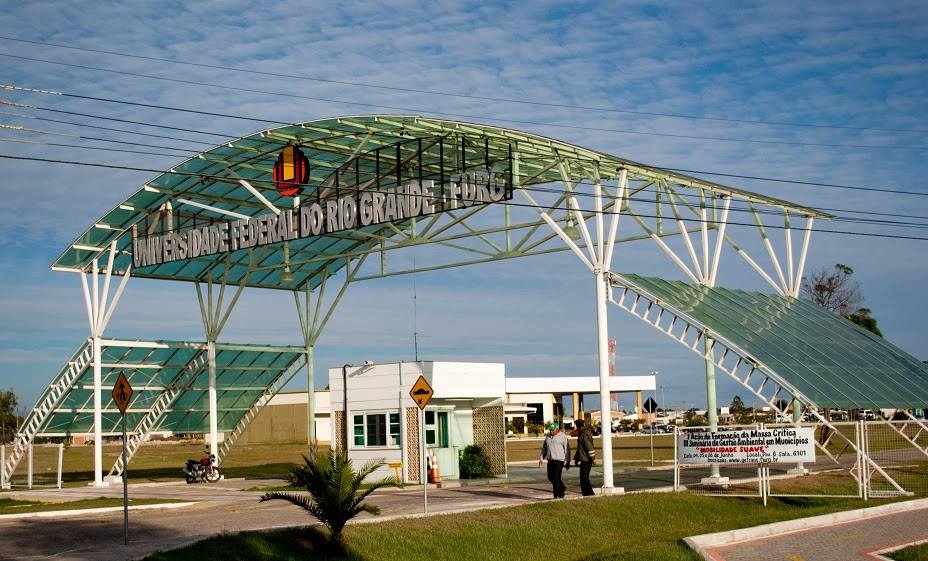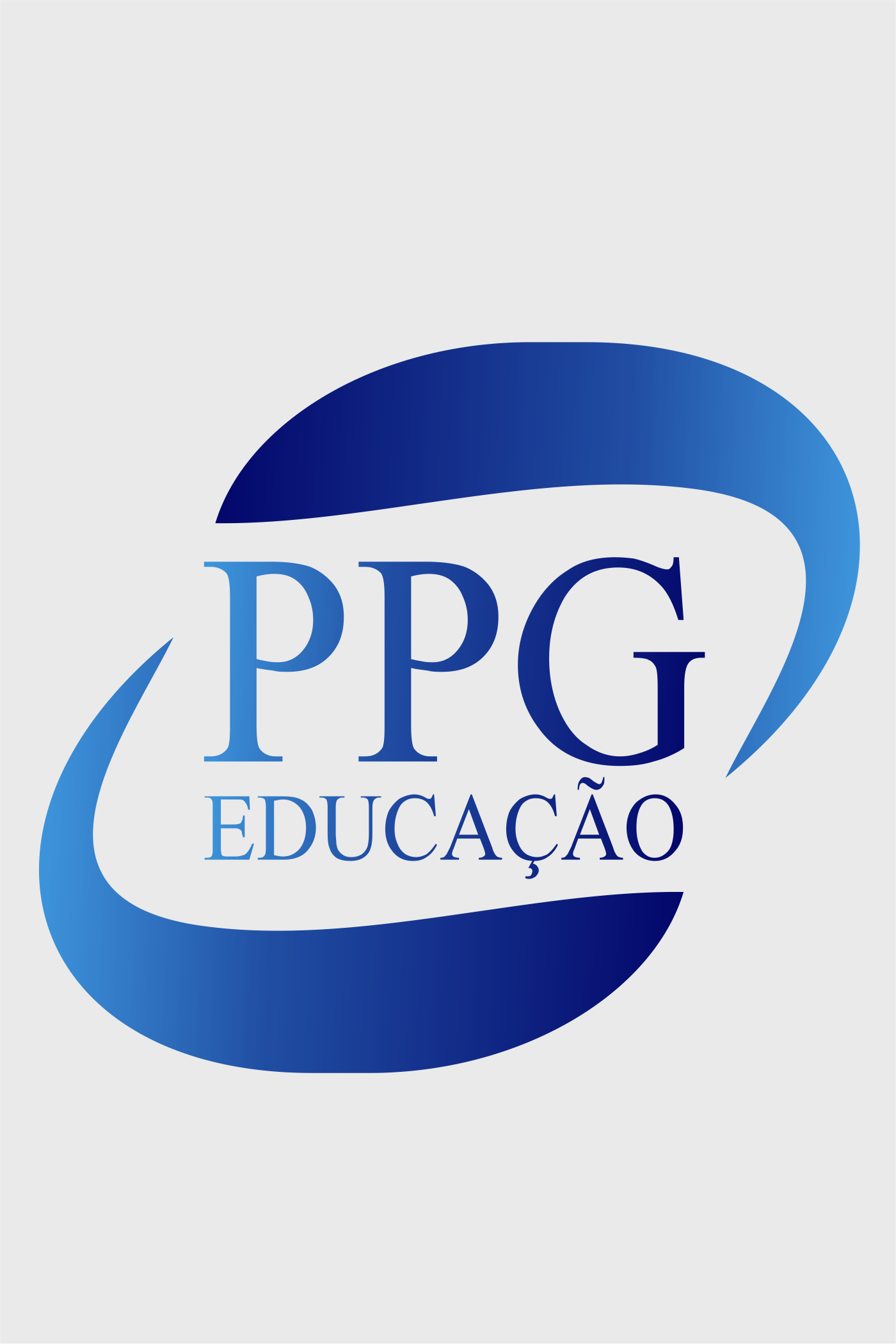
The Federal University of Rio Grande - FURG is located in the municipality of Rio Grande, in the state of Rio Grande do Sul. Since its establishment in 1969, it has been involved in regional and local development processes, especially through training and research activities. In recent years, FURG has undergone strategic structural expansion, increasing its undergraduate and graduate courses. Being a public institution, it has been consolidating itself through a series of collective efforts to serve the southern region of the country and boost regional development.
The proposal to establish a Stricto Sensu Graduate Program in Education meets institutional and regional demands. In terms of institutional context, this proposal is a response to the objectives set out in the Institutional Development Plan (PDI) of the Federal University of Rio Grande - FURG, for the period 2011/2014. In its mission, FURG's main focus is the Coastal Ecosystem, seeking to produce, organize, and disseminate knowledge about this environment through teaching, research, and outreach. FURG officially aims to consolidate its national and international image as an important center for coastal ecosystem studies, committing to the full development of the region.
In this proposal, Education is understood as a continuous and dynamic process where decisions are made, aiming at sustainable use, development, and protection of natural and human resources. Through research in the educational area, it intends to elaborate the collective construction of knowledge, aiming to awaken local and educational potentials, in order to form a collective of teacher-researchers who indicate solutions and alternatives to the constant challenges that the educational area presents, in the local and regional environment of the coastal ecosystem, in which various communities are embedded. Such actions are directly aligned with the Institutional Development Plan, which, on the central topic (Coastal Ecosystem), defines among its objectives the expansion and offering of graduate programs. This expansion should, according to the PDI, prioritize proposals suited to the needs of the region and those that promote the integration of different areas of knowledge. The integrated and multidisciplinary character constitutes the proposal presented here, which also meets a demand for human resource training in the region, in the field of education.
The coastal region of the state of Rio Grande do Sul and, in particular, in the estuarine region of Lagoa dos Patos (FURG's geographical insertion point) has shown rapid population growth, accompanied by an increasing educational activity. Furthermore, FURG has trained, through its various teacher training courses, especially the Pedagogy course, a large number of teachers - approximately 2,500 graduates - who need continuing education, as well as the improvement of their studies, which only a Stricto Sensu Graduate course can offer. The Graduate Program in Education (PPGEDU) is linked to the Institute of Education (IE) of FURG. The IE is a unit that brings together two undergraduate courses: Pedagogy and Physical Education-Licensure, three Graduate Programs: the Graduate Program in Environmental Education and the Graduate Program in Education in Sciences: Chemistry of Life and Health.
In this sense, the PPGEDU presented here is organized based on excellence and academic and scientific rigor in the specific area of EDUCATION; focused on the challenges in this area and on formulating propositions both for formal educational spaces, especially public schools, and for the formative processes present in informal spaces.
The Master's Program in Education was endorsed by Opinion CNE/CES N. 245/2011 - Ordinance n. 982, published in the D.O.U on 30.07.2012, starting its operations with a Grade 3.
In 2017, the Graduate Program in Education underwent a four-year evaluation (2013-2016) and received significant recognition from the CAPES Evaluation Committee, evidenced by the increase of its grade, from 3 to 4. Although the history of PPGEDU is quite recent, it demonstrates the rapid growth, strengthening, and consolidation of the Program.

